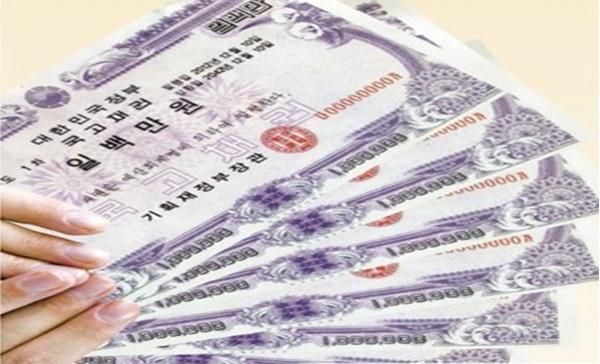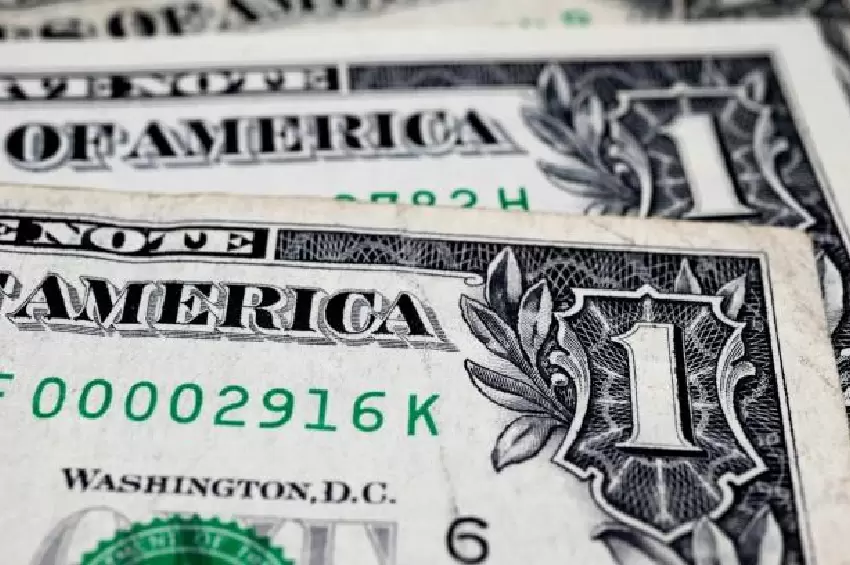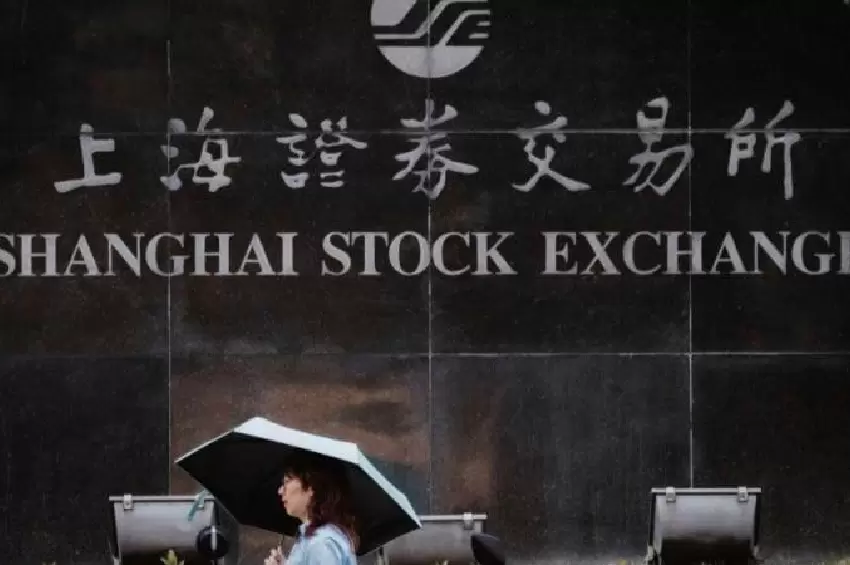Massive Withdrawals from Treasury Bond ETFs
Since last month, as Donald Trump's chances of re-election have increased, long-term Treasury yields have surged, leading to an outflow of over 300 billion won (approximately $216.79 million) from 10-year Treasury Exchange-Traded Funds (ETFs). Experts suggest that, given the U.S. election results on Nov. 6 (local time), Trump's victory and the likelihood of a Republican majority in both houses could accelerate the pace of these outflows.

As of Nov. 8, the Korea Exchange reported a net outflow of 336 billion won over the past month from six domestic ETFs investing in 10-year Treasury bonds, such as KOSEF Treasury Bond 10-Year and KODEX Active Treasury Bond 10-Year, excluding leveraged products. This trend contrasts with the surge in Treasury ETF investments that followed the Federal Reserve's 0.5 percentage point rate cut in September, which signaled the beginning of a new rate-cutting cycle. Treasury prices generally move inversely to interest rates.
Investors are leaving due to underwhelming yields and a bleak outlook. The six 10-year Treasury ETFs saw an average yield of just 0.35 percent over the past month, falling below 1 percent.
In the securities industry, there is growing concern that the pace of net outflows may accelerate further. Experts predict that a Republican Red Wave controlling both the Senate and House would speed up the implementation of Trump's policies, potentially driving up Treasury yields even higher. Trump's America-first stance and protectionist approach may lead to inflationary pressures if his administration imposes tariffs as promised, delaying the Federal Reserve's interest rate cuts. The 10-year U.S. Treasury yield, a leading indicator for South Korea's 10-year Treasury yield, jumped to 4.4770 percent, a three-month high, as Trump's victory appeared likely. Additionally, Trump's large-scale tax cuts may prompt further fiscal spending, leading to higher Treasury issuance, which could drive yields upward. KB Securities Research Center Director Kim Sang-hoon explained, If tariff policies materialize and drive inflation, the range for future rate cuts could shrink. Seo Sang-young, a researcher at Mirae Asset Securities, added, There is analysis suggesting that tariff hikes due to trade disputes could increase U.S. inflation by more than 1 percentage point, fueling market uncertainty over the Fed's rate policies.









Comments